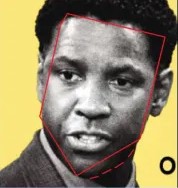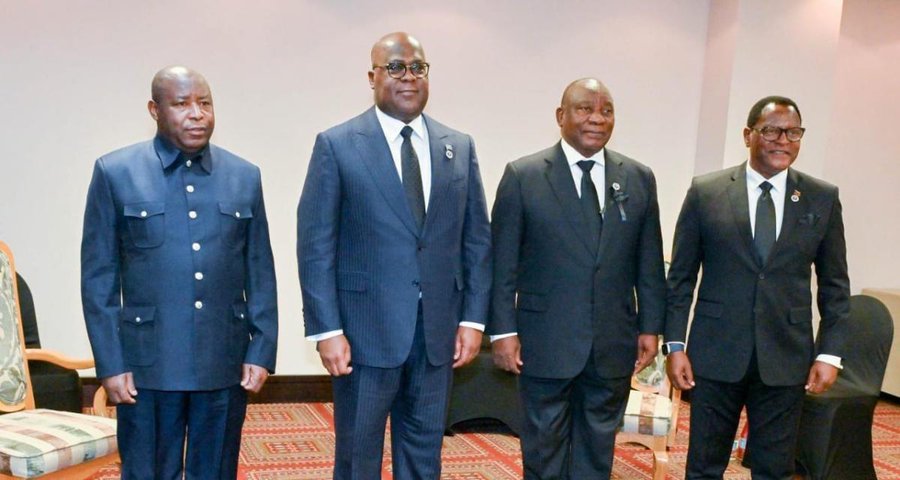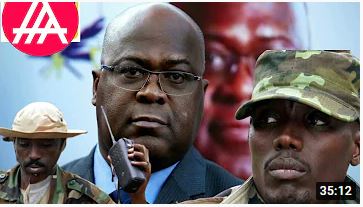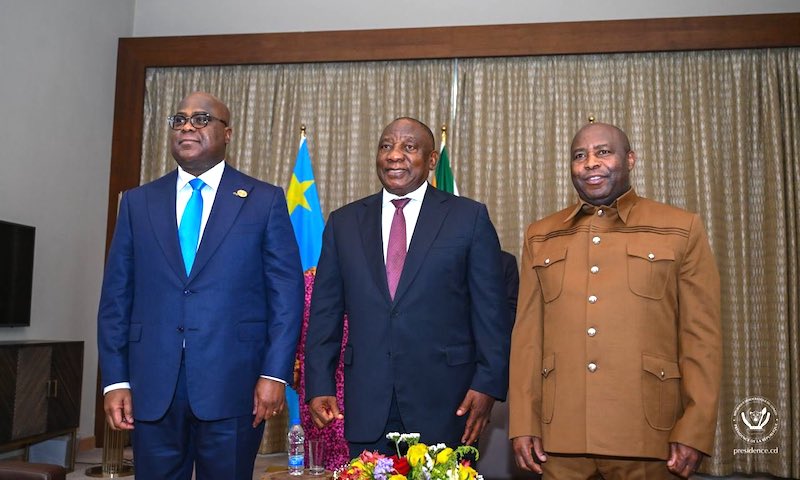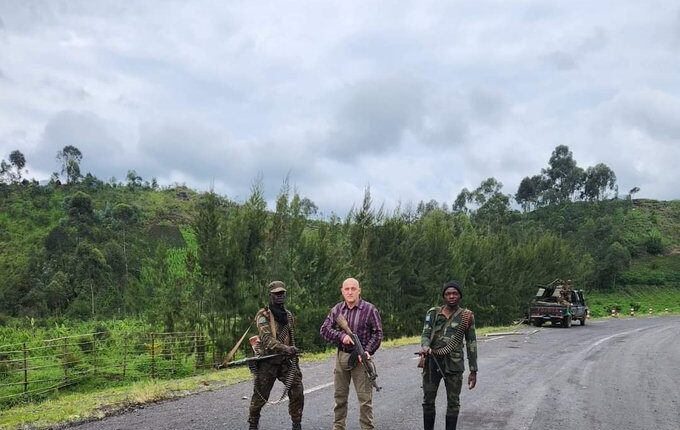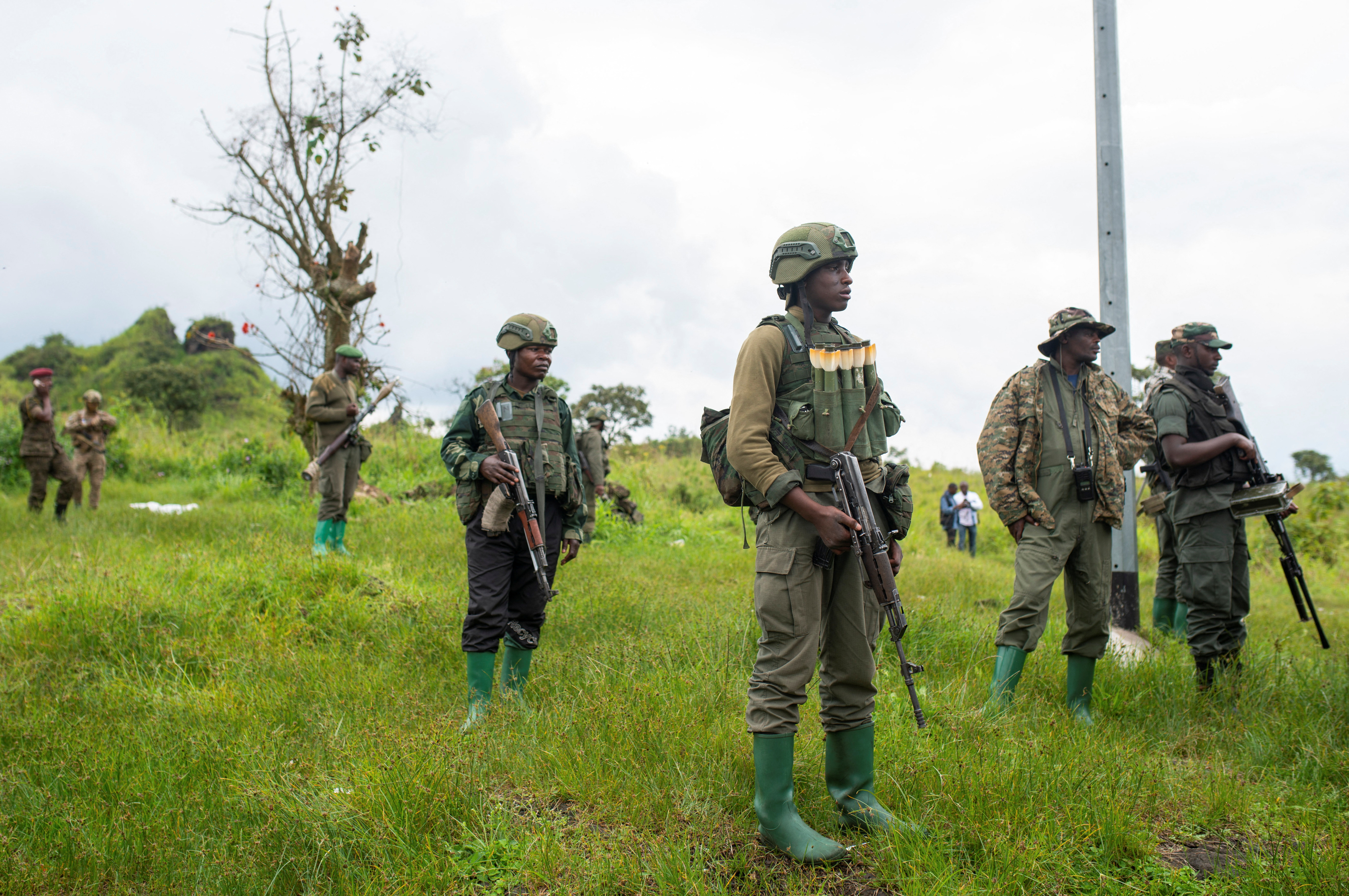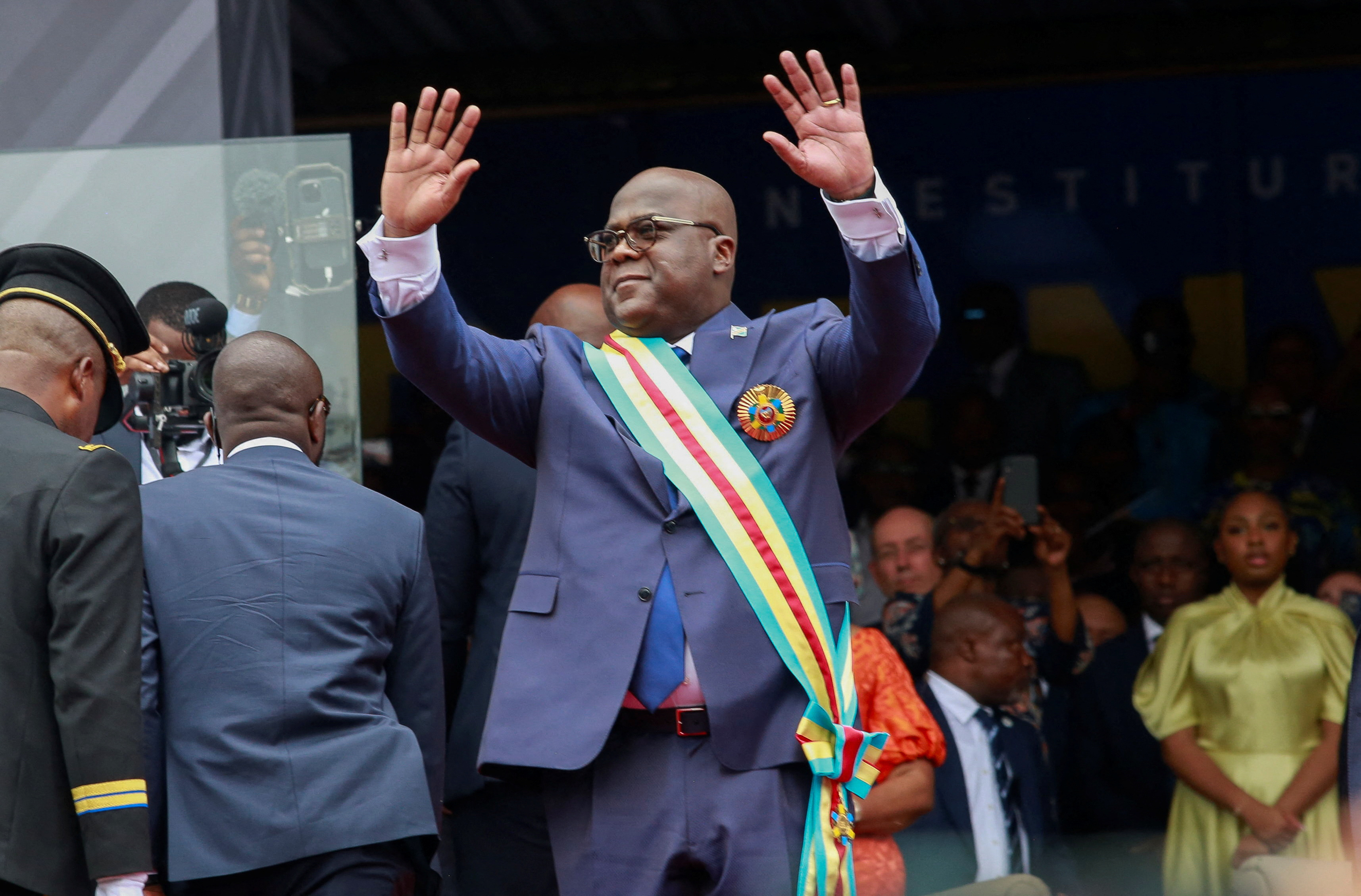Regional
Tshisekedi continues to smother opposition
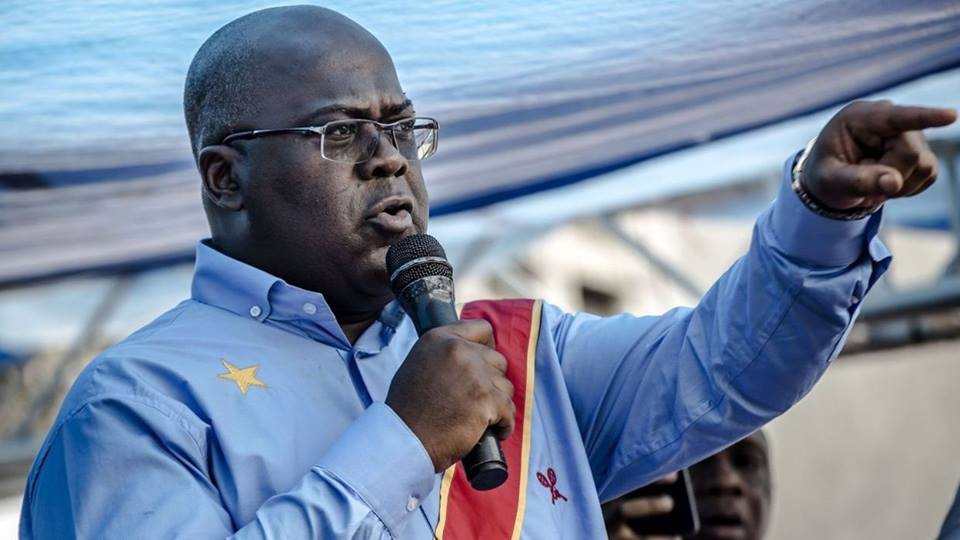
Felix
Tshisekedi, the president of the Democratic Republic of Congo (DRC), is
orchestrating a power consolidation scheme aimed total control. This plan
involves systematically sidelining political adversaries from parliament to
maintain control over the ruling coalition and suppression of any opposition.
Following
the resolution of electoral conflicts, the Constitutional Court has disclosed
the near-final outcomes of the legislative elections. As anticipated, this
declaration solidifies the supremacy of the presidential party, The Union for
Democracy and Social Progress (UDPS), within the Assembly.
However,
this outcome comes at the expense of coalition partners, who have observed
their own parliamentary representatives being supplanted by members of the UDPS.
This follows the political realignment within the ruling coalition led by Vital
Kamerhe, Tony Kanku, and their associates, who boldly united around 100
lawmakers under the Pact for a Recovered Congo (PCR). Their objective was to
bolster cohesion within the Sacred Union, a move perceived as potentially
threatening to Tshisekedi's authority.
According
to a source in Kinshasa, each member of PCR was individually targeted by
Augustin Kabuya, the Secretary General of UDPS, who did not hesitate to utilize
substantial financial incentives to dismantle PCR and neutralize its influence.
After failing to do so, Tshisekedi reportedly resorted to a strategy of
removing potential opponents and appointing ministers and MPs whom he could
easily manipulate. This is all paving the way for his drift towards
dictatorship and stifling any voices that could potentially oppose his
authority. There are indications that Tshisekedi intends to appoint a Prime
Minister from his own party. Guylain Nyembo Mbwizya, who currently serves as
the director of the president's office, is reportedly a likely nominee for this
position.
Politicians
in DRC are no strangers to opportunism and sabotage. The alarming degree of
politicization of courts of law and corruption has undermined public confidence
not only in the ability of judicial institutions to act independently, and
impartially, but also dramatically eroded the hope for change the people were
eagerly expecting.
Why is
Tshisekedi restricting opposition in his government?
Tshisekedi
is obviously forming a government that excludes opposition voices, reflecting a
lack of tolerance for criticism and an unwillingness to engage with differing
viewpoints.
Instead
of seeking to understand and address criticisms, he opts to silence dissenting
voices, leading to a governance model that lacks diversity and inclusivity.
Despite
being declared the winner, Tshisekedi appears to harbor doubts about his
victory and is taking measures to secure his position. He is striving for
complete control over the institutions of power, even if it means unfairly
excluding opposition voices and abusing his authority to achieve this goal,
which will obviously cause more chaos.
Tshisekedi's
repression of the opposition is not only a recurring pattern. It is also a
strategically unwise move, especially considering the security crisis facing
the country.
Instead of fostering unity within parliament to collectively address the challenges, the president's actions risk further division and exacerbation of prevailing issues.


